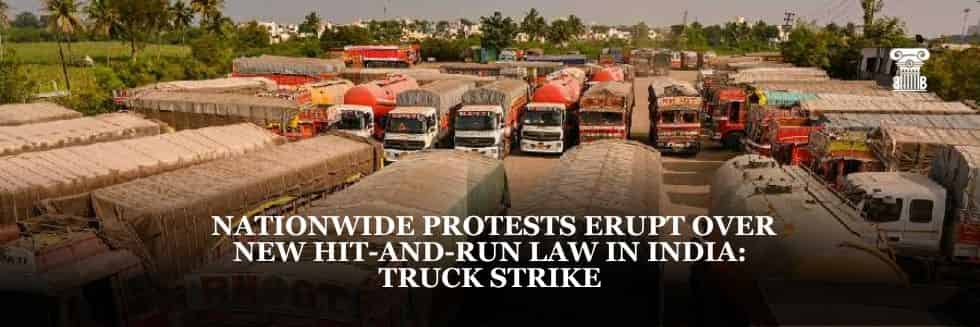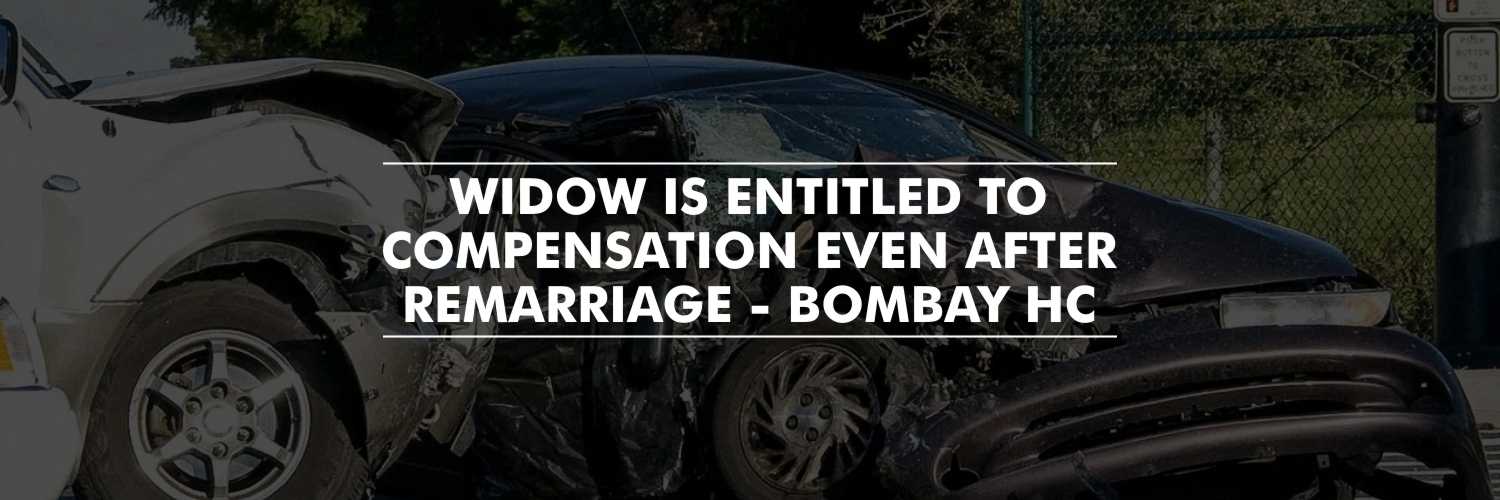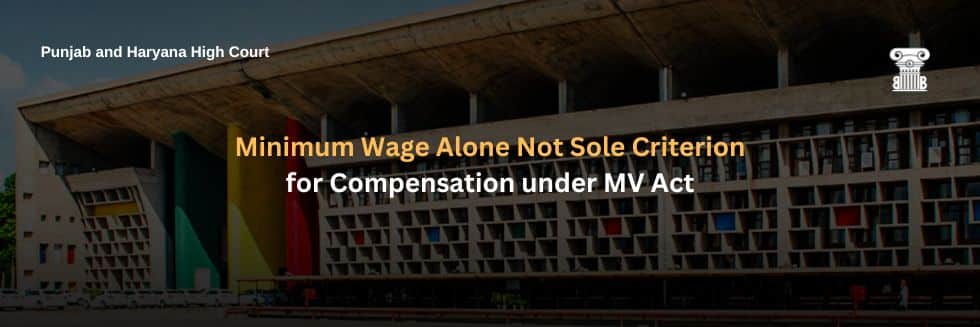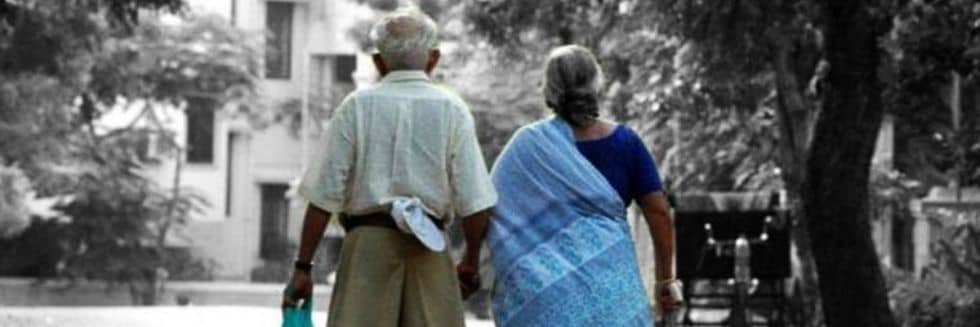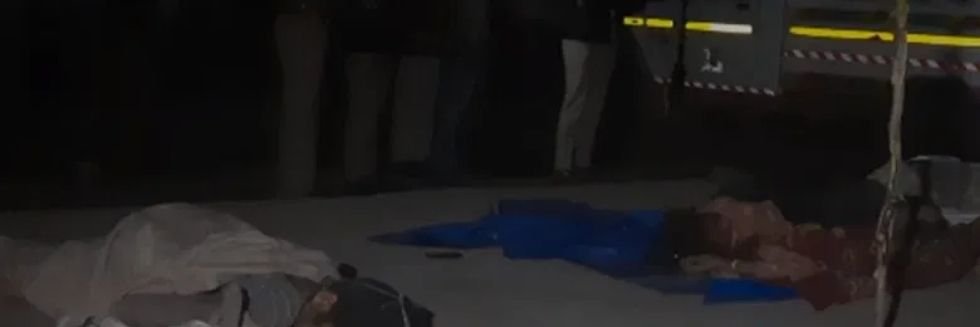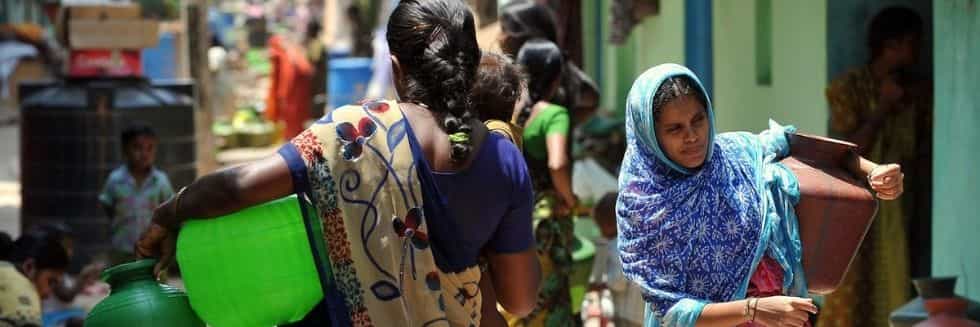The Bharatiya Nyaya Sanhita, set to supersede the colonial-era Indian Penal Code, has ignited nationwide protests among truck drivers and cab operators. The new law, which includes provisions for hit-and-run cases, has been met with widespread disapproval.
Under the new legislation, drivers who flee the scene of an accident without informing the police can face up to 10 years in prison and a fine of ₹ 7 lakh. This is a significant increase from the current IPC’s Section 304A, which stipulates a maximum of two years imprisonment and an unspecified fine.
The law, having received the President’s approval after passing through Parliament, has sparked a wave of protests among truck drivers. These demonstrations have disrupted fuel supply lines in certain areas, leading to panic buying of fuel amid fears of shortages.
In Ghaziabad, protesters halted auto-rickshaws and tractors, urging them to join the protest. In a video circulating online, demonstrators were seen stopping a pick-up van and placing a garland of shoes around the driver’s neck, questioning his decision to continue driving instead of protesting against the law that leaves no room for leniency.
State transport buses at a local depot have been immobilized as drivers join the protest. The new law has been labelled as “blind” by the protesters. Dinesh Singh, a representative of a transport association in Uttar Pradesh, voiced the drivers’ demand for the law’s withdrawal. He expressed concern over the hefty fine, questioning how drivers earning a modest income of ₹ 6000 per month could afford to pay ₹ 7 lakh. He also raised concerns about the welfare of their families during the potential 10-year imprisonment.
The protesters also raised questions about their safety if they were to stop at the scene of an accident, fearing mob violence. A driver, shared his apprehensions, “The moment we stop, people will attack us. They might even set our vehicle on fire. This is the harsh reality here.” He further explained the challenges of driving heavy vehicles, which cannot brake suddenly when smaller vehicles abruptly change lanes or stop.
The drivers argue that while they do not wish for accidents to occur, the new law is excessively punitive and unfair to them. Saudan Gurjar, a leader of the Ghaziabad Transport Association, criticized the new law, stating, “If someone has ₹ 7 lakh, will he be a driver? People work because they are poor. Drivers are saying they will quit this work.”
